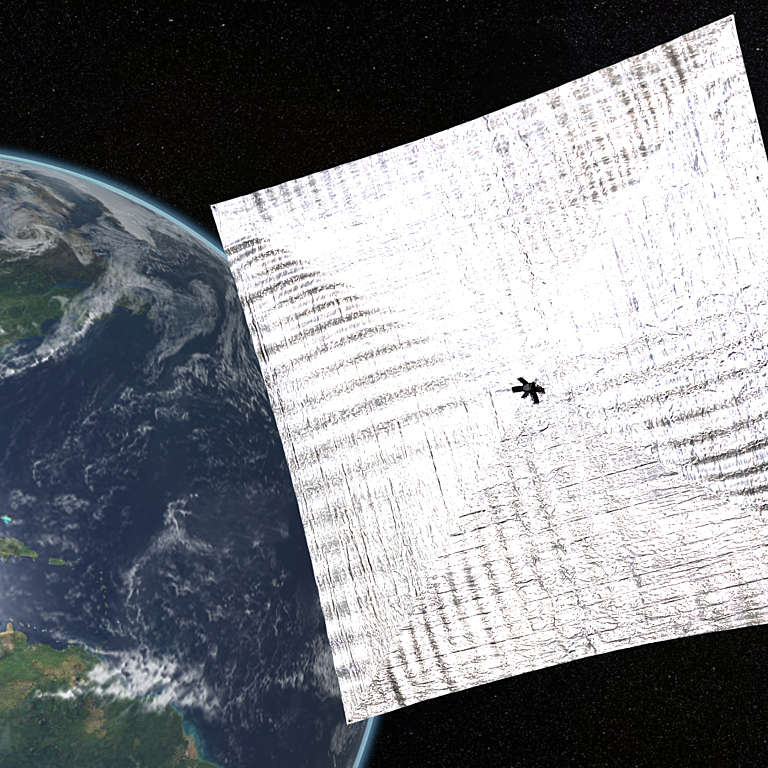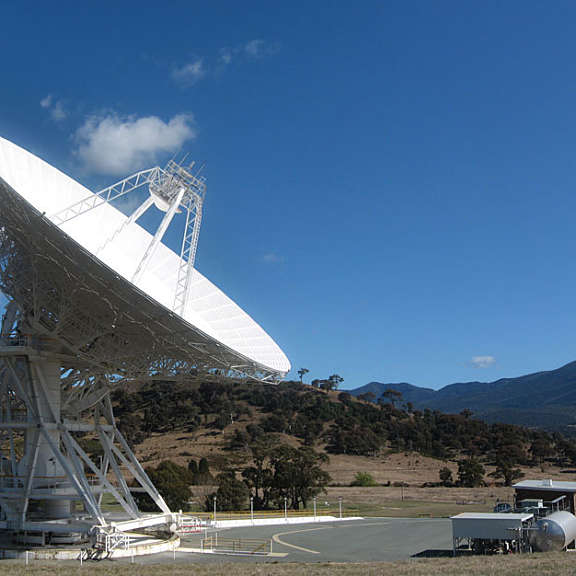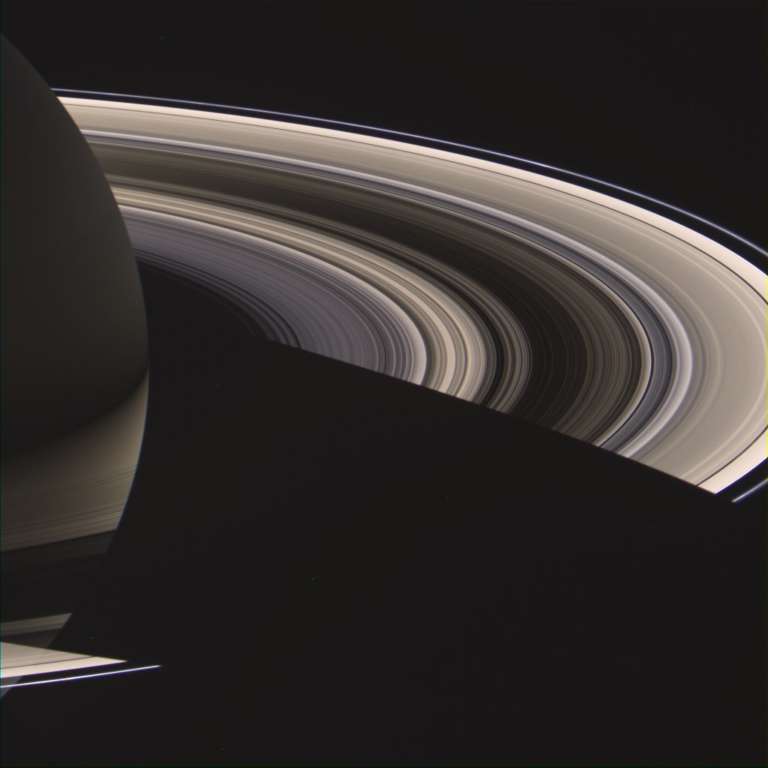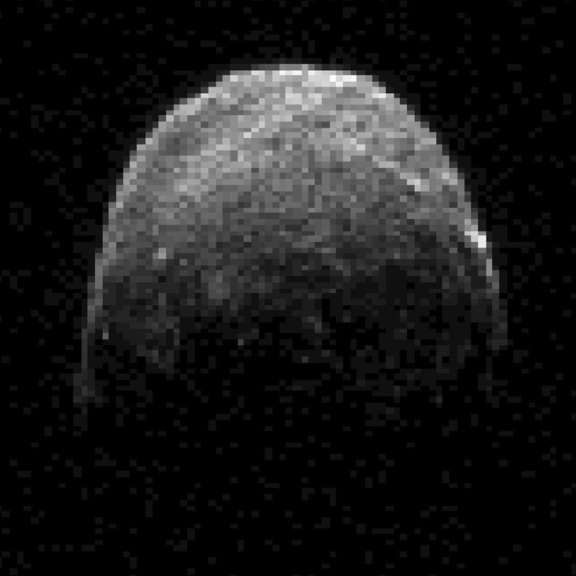All
All
Stories, updates, insights, and original analysis from The Planetary Society.
Planetary CubeSats Begin to Come of Age
Van Kane rounds up some recent planetary mission concepts based on CubeSat technology.
Selecting the Next Creative Idea for Exploring the Solar System
With the release of the official Announcement of Opportunity (AO) early in November, NASA has officially begun the competition to select its next low cost ($450M) Discovery program planetary mission. Because planetary scientists are free to propose missions to any destination in the solar system other than the sun and Earth, these competitions bring out the creativity in the planetary science program.
Planetary Science Gets Its Day in Congress
Watch Planetary Society President Jim Bell testify before a congressional subcommittee on Wednesday, September 10th.
LightSail update: Launch dates
I’m excited to report some big news on The Planetary Society’s LightSail project: actual launch dates on actual launch vehicles!
A Report from the First Hearing on the 2015 NASA Budget
An animated NASA Administrator defended the commercial crew program as the fastest way to return to American access to low-Earth orbit in a hearing before the House Space Subcommittee today.
Spacecraft phone home: Cool Deep Space Network data visualization
Check out the awesome new
[Updated] To Europa!...Slowly. First Impressions of NASA's New Budget Request
Europa may get a mission...eventually. We give our first take on the 2015 NASA Budget request. How does Planetary Exploration fare? Which projects were cancelled? Will NASA capture an asteroid? And most importantly, what can you do about it?
Closing out the ASRG program
Lockheed, the prime contract on the now-defunct Advanced Stirling Radioisotope Generator program, is closing out the project and transferring its hardware to NASA's Glenn Research Center. NASA expects to save about $55 million per year.
Continued Victories for Planetary Exploration
Pat yourself on the back. Planetary exploration will be more vibrant in 2014 thanks to you. More than fifty thousand messages were sent to Congress this year, and they listened, adding back a significant amount of money in the 2014 Omnibus spending bill.
The ASRG Cancellation in Context
ASRGs could have stretched NASA's limited supply of plutonium to potentially enable missions to the perpetually-shadowed polar craters on our moon, to flyby Uranus, or to float for months on a Titan lake.
NASA Just Cancelled its Advanced Spacecraft Power Program
The Advanced Stirling Radioisotope Program (ASRG) was just cancelled by NASA. This was to be the saving grace for Plutonium-238 availability, as it was a much more efficient way to generate electricity than classic RTG systems.
Mars Needs Plutonium! (And so do Saturn, Uranus, Neptune and Points Beyond)
Society Advocacy and Outreach Coordinator Casey Dreier visits Planetary Radio with the tale of an element that is essential to exploration of deep space.
Power From the Isotopes
We report on the current state of Plutonium-238 production in the United States, a crucial fuel source for planetary exploration spacecraft.
Plutonium-238 is Crucial for Space Exploration – and it's Running Out
Plutonium-238 provides electricity to deep space missions, but NASA only has a little bit left. A new article in Wired highlights the disastrous consequences of no plutonium for use in space, something the Planetary Society is currently fighting for in Washington, D.C.
The Energy Department is Full of Hugely Wasteful Spending, But Can't Afford to Make Plutonium for NASA
A recent report shows that major programs within the Department of Energy are billions of dollars over budget due to lax oversight, yet the congressional committees responsible for the Department
NASA's Europa Mission Concept Rejects ASRGs -- May Use Solar Panels at Jupiter Instead
The Advanced Stirling Radioisotope Generator (ASRG) is no longer an option for powering a potential Europa mission. The ASRG uses Plutonium-238 to generate electricity, but is far more efficient than past RTGs.
Say "hi!" to asteroid -- actually, asteroids -- (285263) 1998 QE2
A large asteroid is passing reasonably close to Earth in a few hours, and astronomers at the great radio telescopes at Goldstone and Arecibo are zapping it. The latest discovery: QE2, like many asteroids, is a binary.
First Analysis: the NASA Planetary Science Budget for 2014
No mission to Europa, diminished funding for outer planets missions, a small bump to small spacecraft missions, and an increase for asteroid detection are part of the White House's proposal for NASA in 2014.
[Updated] Senate Bill Restores $223 million to NASA's Planetary Science Division
The President signed the Senate's bill to fund the government for the remainder of 2013, and it includes some positive news for NASA's Planetary Science division, which is facing a 21% cut.


 Explore Worlds
Explore Worlds Find Life
Find Life Defend Earth
Defend Earth


 Sun
Sun Mercury
Mercury Venus
Venus Earth
Earth Mars
Mars Jupiter
Jupiter Saturn
Saturn Uranus
Uranus Neptune
Neptune Small Bodies
Small Bodies












